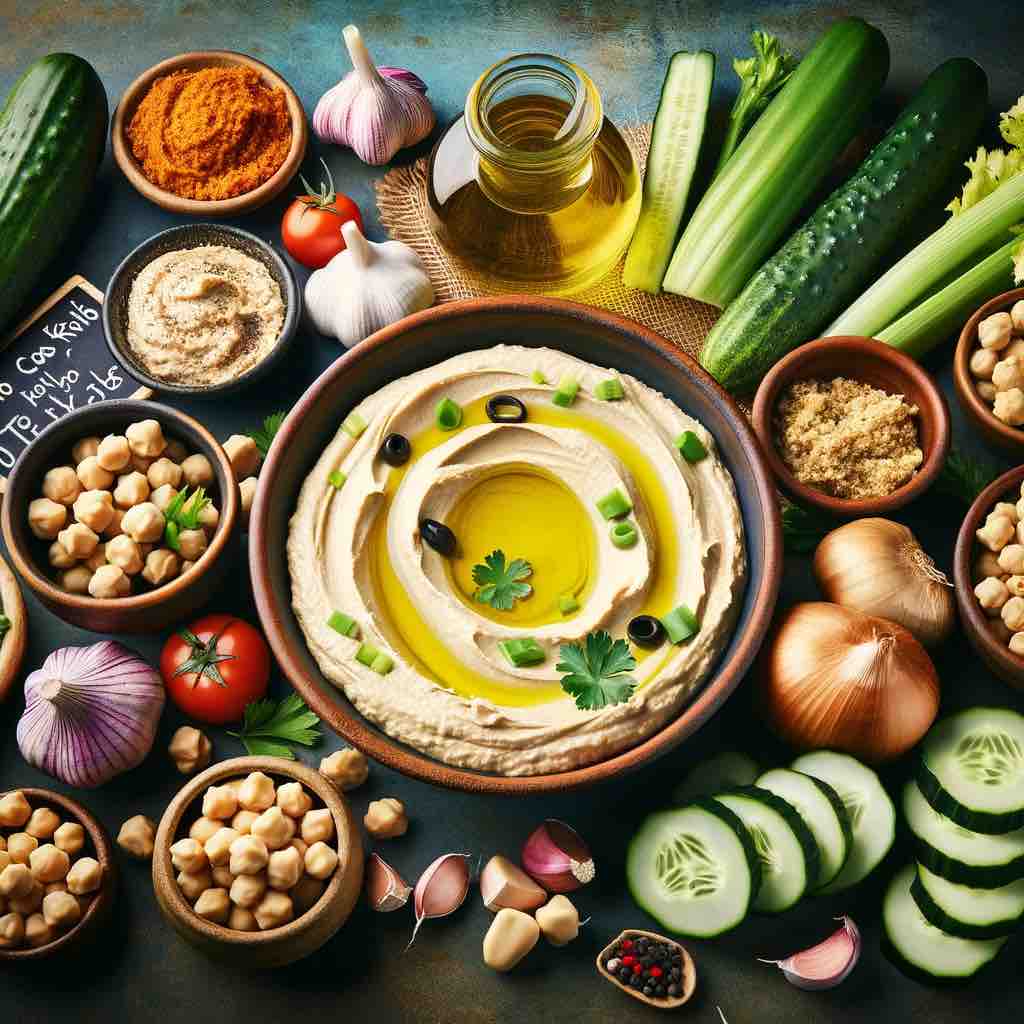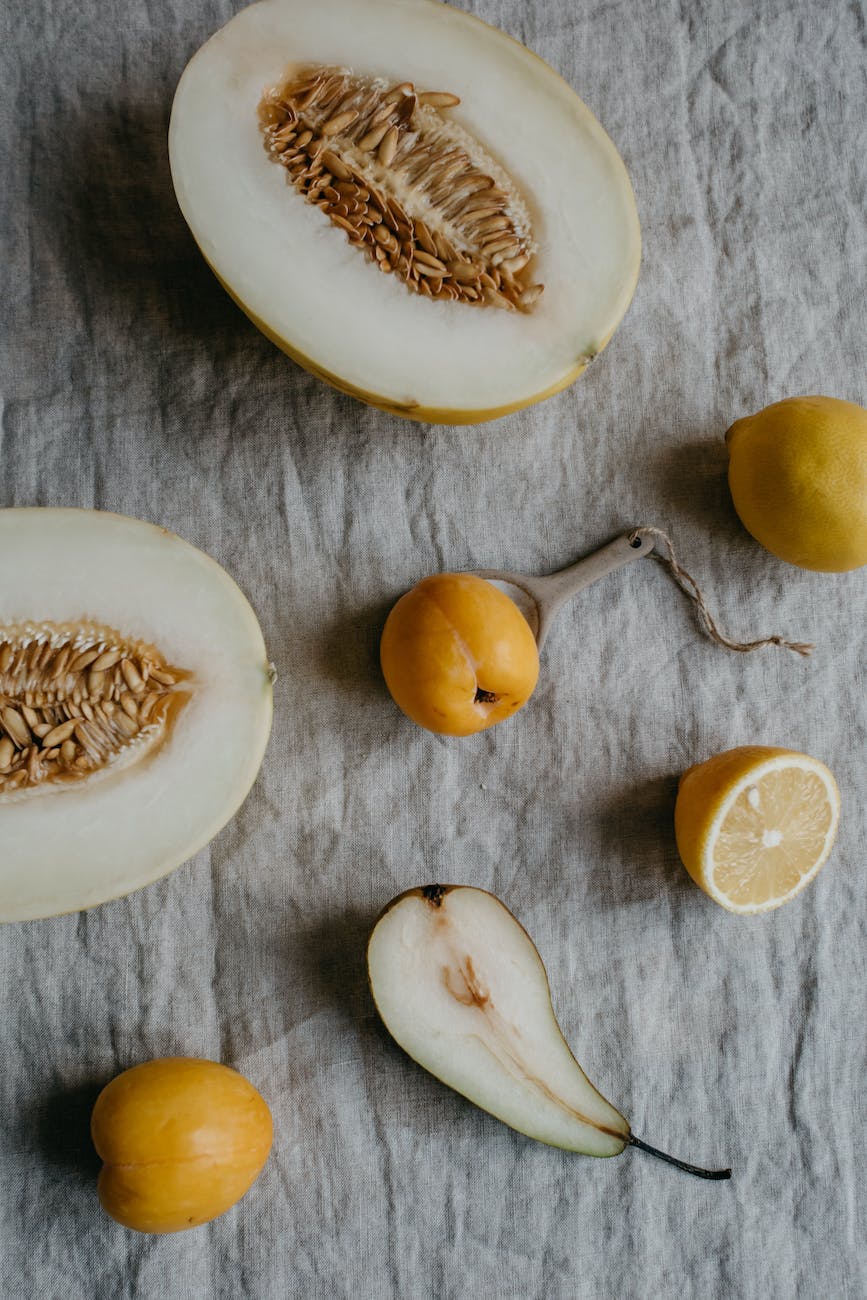
Welcome to an in-depth exploration of how green apples can positively impact your pregnancy journey. This guide delves into the multifaceted benefits of these crisp, tart fruits, offering practical advice on incorporating them into your diet, understanding their nutritional value, and addressing common pregnancy concerns.
Nutritional Breakdown: What Makes Green Apples a Pregnancy Superfood
Green apples are a nutritional treasure trove. They are rich in essential vitamins like Vitamin C, which boosts immunity and aids iron absorption, and Vitamin A, crucial for the baby’s eye development. The presence of B-complex vitamins, particularly folate (Vitamin B9), is vital in preventing neural tube defects in the fetus. Additionally, they offer minerals like potassium, which regulates blood pressure, and calcium for bone health.
Key Nutrients in Green Apples:
- Vitamin C: Essential for immune function and iron absorption.
- Vitamin A: Important for fetal eye development.
- Folate: Crucial for preventing neural tube defects.
- Fiber: Aids in digestion and prevents constipation.
- Potassium: Helps in maintaining healthy blood pressure levels.
- Iron: Prevents anemia by boosting hemoglobin production.
Tackling Pregnancy Ailments with Green Apples
Morning Sickness and Nausea
The unique flavor profile of green apples – a blend of sweetness and tartness – can be soothing during episodes of morning sickness. Eating them can help stabilize stomach acids and reduce nausea.
Digestive Health
Rich in dietary fiber, green apples promote healthy digestion and can prevent common pregnancy-related issues like constipation and hemorrhoids. Fiber adds bulk to stool and aids in smoother bowel movements.
Swelling and Edema
Pregnancy can lead to fluid retention and swelling in the feet and legs. The potassium in green apples helps balance fluid levels in the body, providing relief from such swelling.
Weight and Blood Sugar Management
Healthy Weight Gain
Green apples, being low in calories and high in fiber, provide a sense of fullness without contributing to excessive weight gain. They can be part of a balanced diet that supports healthy pregnancy weight gain.
Blood Sugar Regulation
The risk of gestational diabetes, characterized by high blood sugar levels during pregnancy, can be mitigated by including green apples in your diet. The fiber content in these apples slows down glucose absorption, helping to maintain steady blood sugar levels.
Ensuring Fetal Development and Maternal Health
Reducing Anemia Risk
Iron in green apples plays a vital role in preventing maternal anemia, a common condition in pregnancy that can lead to fatigue and other complications. Regular consumption can help maintain healthy iron levels.
Lowering Prematurity and Birth Defect Risks
The nutrients in green apples contribute to reducing the risk of premature births and certain birth defects. They support the overall development of the fetus, including the brain and the central nervous system.
Respiratory Health
Antioxidants in green apples, such as flavonoids and polyphenols, strengthen lung function, potentially benefiting both the mother and the baby in terms of respiratory health.
Practical Ways to Include Green Apples in Your Pregnancy Diet
- As a Raw Snack: Simply wash and enjoy them whole for a quick, nutritious snack.
- In Salads: Add sliced green apples to salads for a crunchy, tangy addition.
- Smoothie Ingredient: Blend them in smoothies for a refreshing, fiber-rich drink.
- Baked or Stewed: Bake with cinnamon or stew them for a healthy, sweet treat.
Precautions and Moderation
While green apples are beneficial, overconsumption can lead to excessive weight loss. Pregnant women should aim for a balanced diet and consult with their healthcare provider for personalized dietary advice. Always wash apples thoroughly, or choose organic options to reduce pesticide exposure.
In conclusion, green apples can be a delightful and beneficial part of your pregnancy diet. Their diverse range of nutrients supports both maternal and fetal health, offering a natural solution to many pregnancy-related challenges. Enjoy them in moderation and savor the crisp, refreshing taste as you nurture the new life within you! 🍏✨
10 FAQs for “Green Apples in Pregnancy: A Comprehensive Guide”
- Can green apples help with morning sickness?
Absolutely! The unique blend of tartness and sweetness in green apples can help alleviate nausea and morning sickness common in early pregnancy. - Are green apples good for controlling gestational diabetes?
Yes, green apples can be beneficial for managing blood sugar levels due to their high fiber content, which helps in regulating glucose absorption. - How many green apples can I safely eat per day during pregnancy?
Moderation is key. One to two green apples per day is a good range, ensuring you get their benefits without overconsuming. - Can eating green apples prevent anemia in pregnancy?
Green apples contain iron, which is essential for preventing anemia. However, they should be part of a balanced diet that includes other iron-rich foods. - Do green apples aid in digestion during pregnancy?
Yes, the dietary fiber in green apples aids in smooth digestion and can help in preventing constipation, a common pregnancy issue. - Is there any risk of allergic reactions from green apples during pregnancy?
Allergic reactions to apples are rare, but if you have a known fruit allergy, consult your doctor before adding them to your diet. - Can green apples reduce the risk of premature birth?
The nutrients in green apples can help balance internal body processes, potentially reducing the risk of premature labor. - Are there any side effects of eating too many green apples in pregnancy?
Excessive consumption might lead to unwanted weight loss and an imbalance in nutrient intake. It’s best to eat them in moderation. - Should I choose organic green apples during pregnancy?
Opting for organic green apples is advisable to reduce exposure to pesticides, which is particularly important during pregnancy. - Can green apples help in maintaining a healthy pregnancy weight?
Yes, green apples, being low in calories and high in fiber, can help in managing a healthy weight during pregnancy.
Blog Tags for the Post
green apples, pregnancy nutrition, morning sickness relief, gestational diabetes, dietary fiber, prenatal health, healthy snacking, digestive health, pregnancy diet, iron-rich foods, weight management, organic produce, fetal development, maternal health, antioxidants in pregnancy













